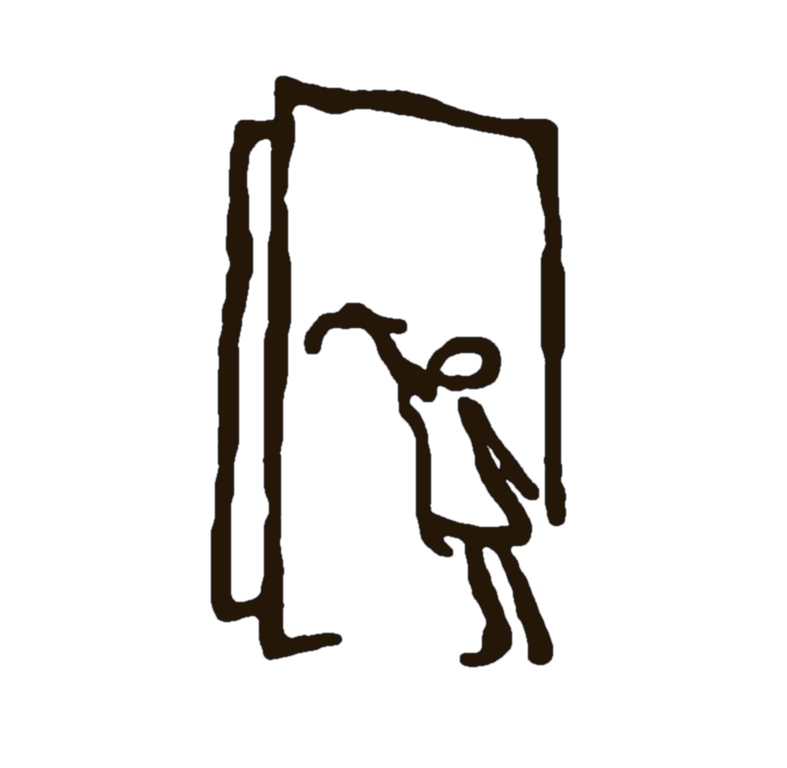Mental- and health protection events with IP theoretical and practical background
Basics
Starting points of development of mental- and health protective programs using IP theory and practices resulted from those professional experiences and research proved the remarkable role of civil organizations in
- creating chances for social groups,
- developing social protective factors and
- involving the necessity of qualitative increase in the field of mental- and health protection (see Maria Kopp ed. : Hungarian mental state. 2008. Semmelweis Budapest and National Program of Mental Health 2008, the Bela Johann National Program of Decade of Health 46/2003)
(Public Utility Association)
Action and experiences of experts of MIPE (Hungarian Ass. of Individual Psychology), re-founded in 1991 as member of Association of Hungarian Psychiatric Association (MPT, founded 1980), –
verified, that for effective help of needed clients, the essential emphasis should be laid on development of abilities and skills in self-knowing, self-esteem, self-expression and problem solving capabilities especially by means of using practice-oriented and reflective aspects. Only in possessions of these qualities, the personality will be able to manage and accomplish the life tasks (Adler’s Lebensaufgaben) in good level. During the development, the created social contacts, communities, workshops build social support to strengthen coping abilities of client in fighting with stress.
Laid down in the Constitution of MIPE, tasks and action circles cover the territories of mental health protection. In this way, we try to support both our experts active in prevention, social care, information, counseling and therapy fields and our clients needing mental hygienic aid as well. Professional programs aim at developing and preserving mental health competencies.
Secondary purpose of the course events is
- to develop coping abilities related to stress
- to help solving life tasks and
- to influence life style and personality capacities
PROGRAMS
CLICK on the + FOR MORE INFORMATION
Psychodiagnostic survey, study
By means of interviews, questionnaires, the measurement of psychopathological abnormalities appeared at the clients (suicidal tendencies, addiction disorder, depressive symptoms…etc. ) are perfected. On the basis of results, elaboration of therapy suggestions follow. Survey may be completed (in trust) with a study of mental-hygienic state of a concrete institution too.


